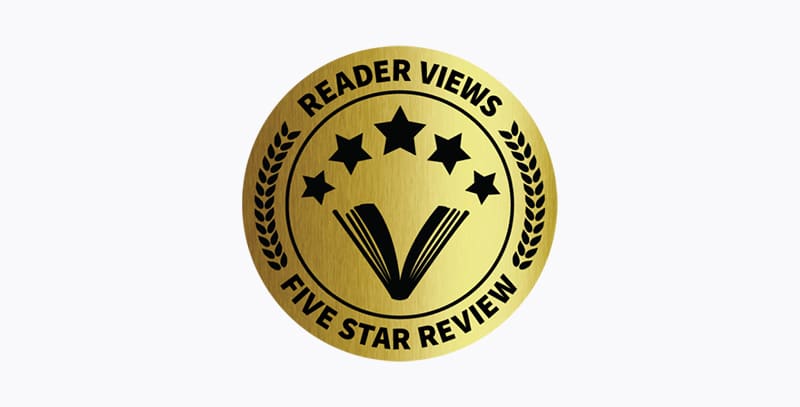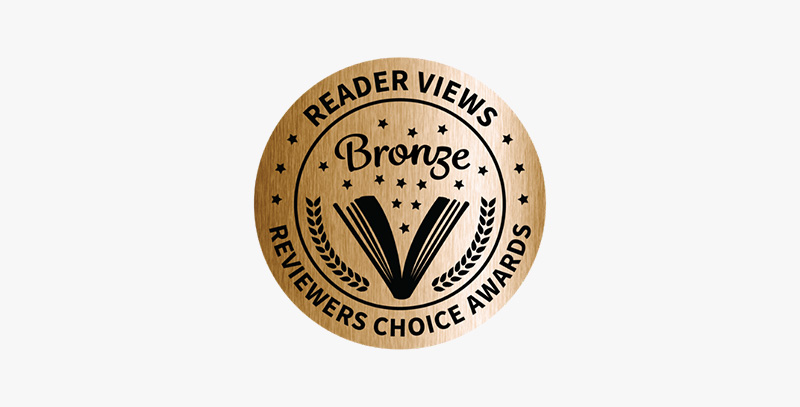Whistleblowing involves reporting fraudulent activities within an organization, and doing so can be a challenging process. This chapter in Rules for Whistleblowers highlights five common mistakes whistleblowers make and how to circumvent them.
Trap #1: Doing the “Right Thing” Is Not Enough
When facing a legal battle, your employer often has more resources at their disposal. Simply reporting fraud isn’t enough to guarantee a smooth process. Be prepared for potential challenges from your former employer, and ensure you meet all deadlines and complete necessary paperwork.
Trap #2: Thinking Whistleblowing Is an Employment Dispute
While some cases involve employment issues, the most effective whistleblowers remain undetected by their employers. These “recruitments-in-place” discreetly provide information to the government without jeopardizing their jobs. Whistleblowing doesn’t necessitate public exposure; working behind the scenes can protect your livelihood.
Trap #3: Ignoring Powerful Tools
Whistleblower-triggered cases have resulted in billions recovered, demonstrating the effectiveness of these informants. Whistleblower rewards are guaranteed for those who follow the correct steps, and financial incentives have been proven to encourage people to come forward.
Trap #4: Delay
Delaying your report can jeopardize your case, even if it is strong. To qualify for an award, you must meet the statute of limitations, be the first to file original information, and voluntarily report. If you delay, you risk losing the opportunity for financial compensation, as demonstrated in the case of Eugene Ross, who reported and never saw a penny in the famous Bear Stearns case.
Trap #5: Denial
Don’t deny your whistleblower status. Report promptly to avoid missing critical deadlines that could undermine your case. Informally addressing the issue internally instead of initiating a formal government investigation may lead to retaliation from your employer.













